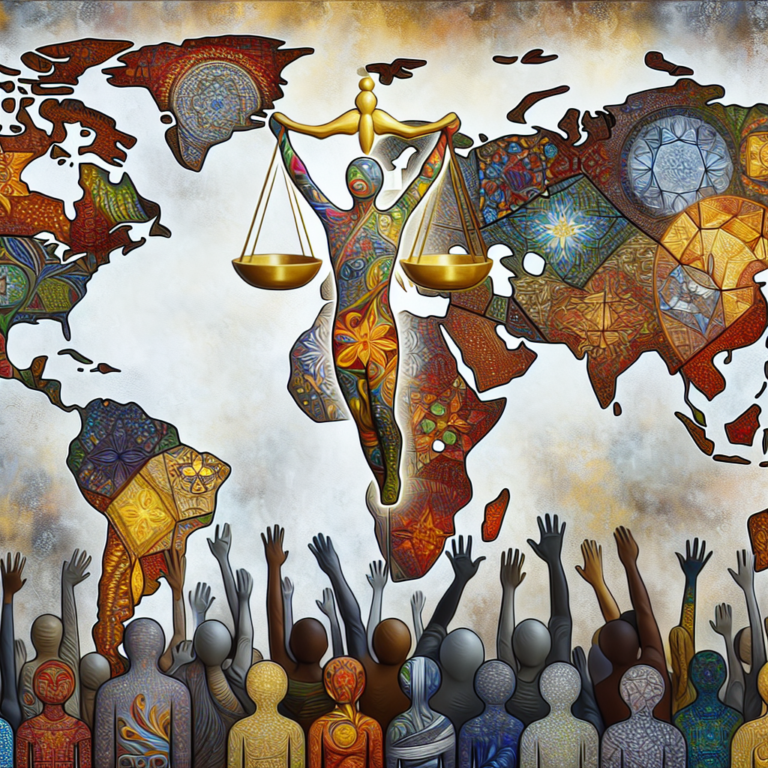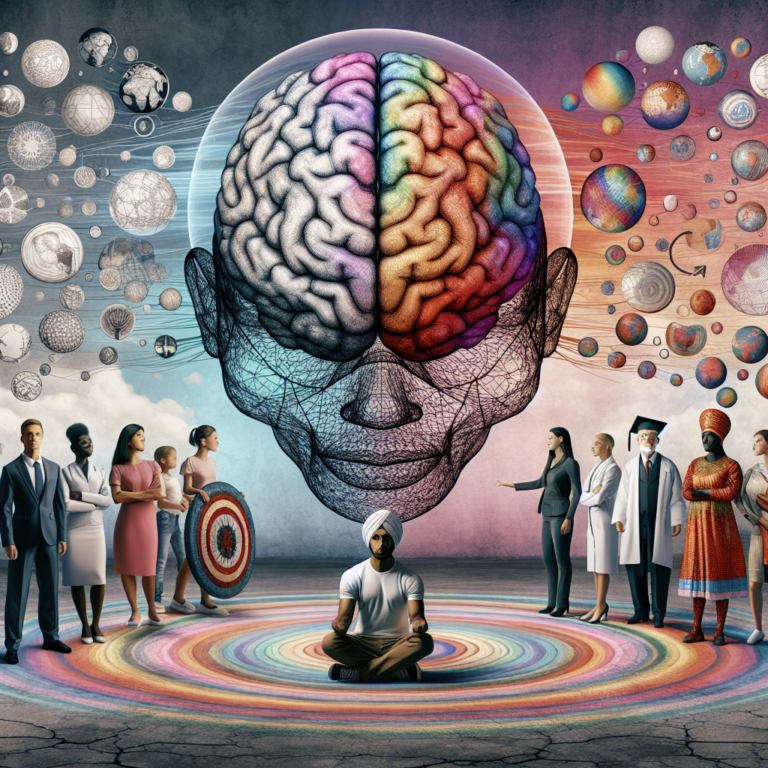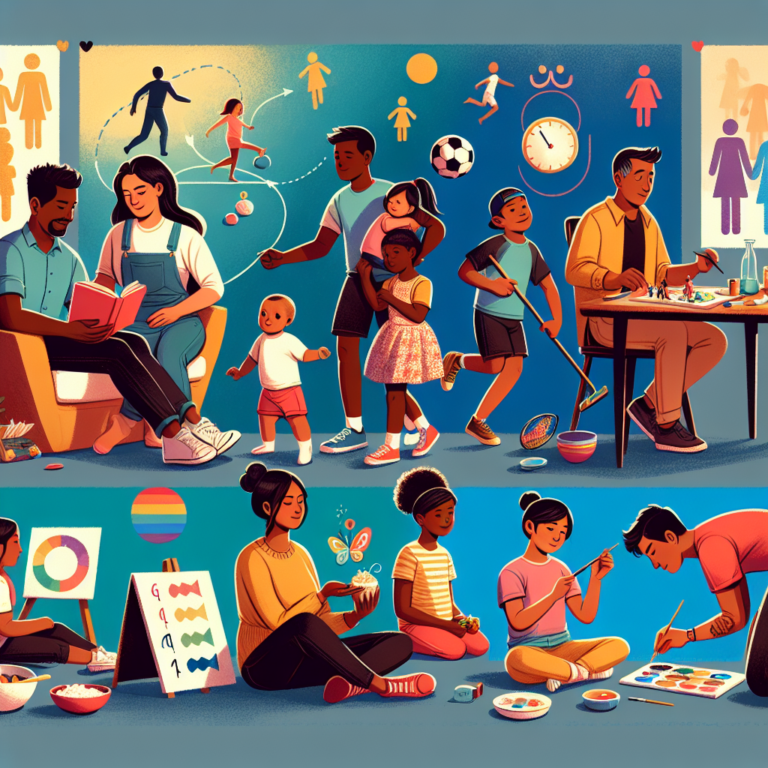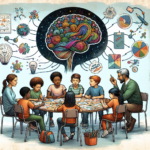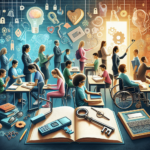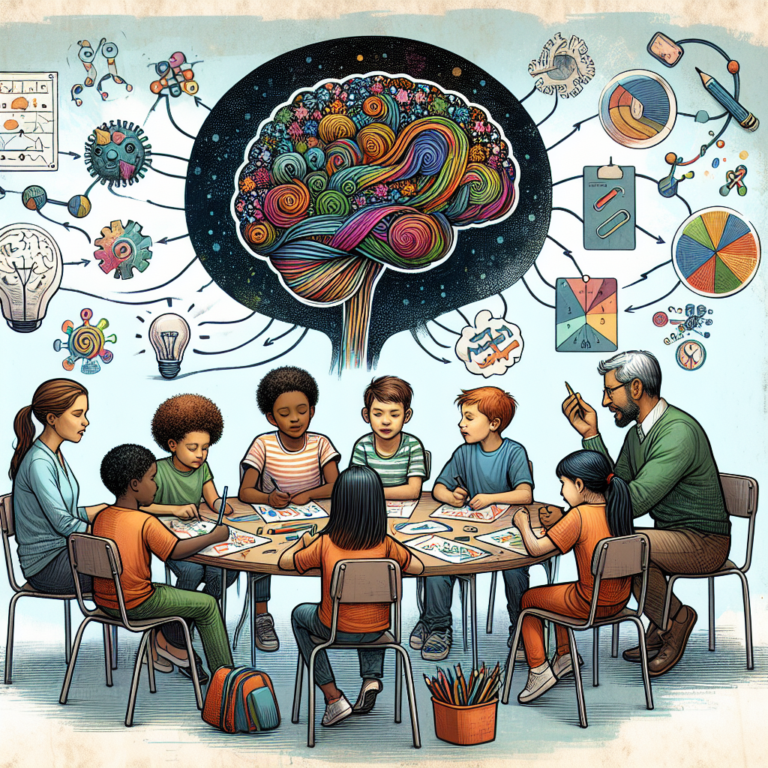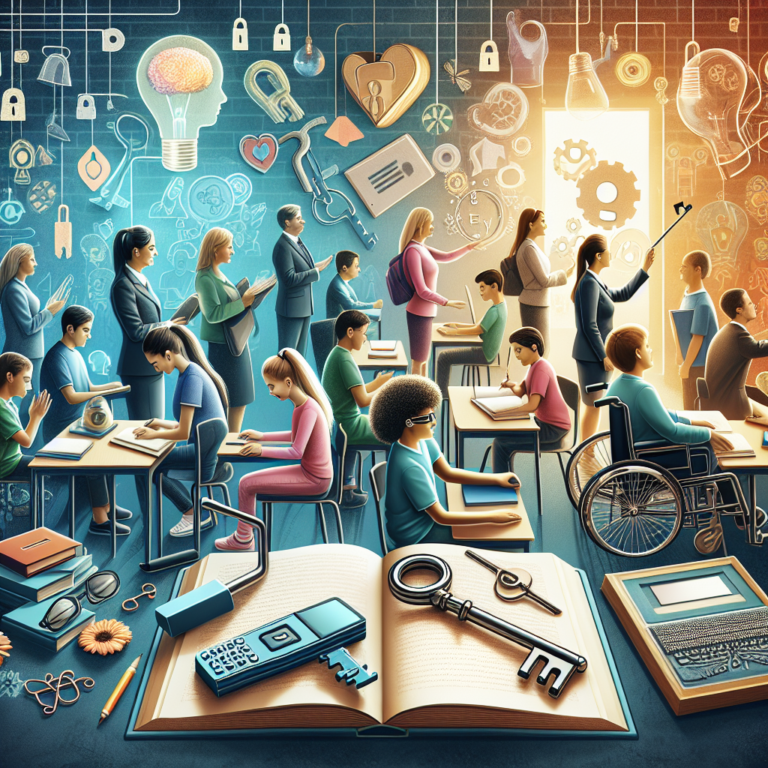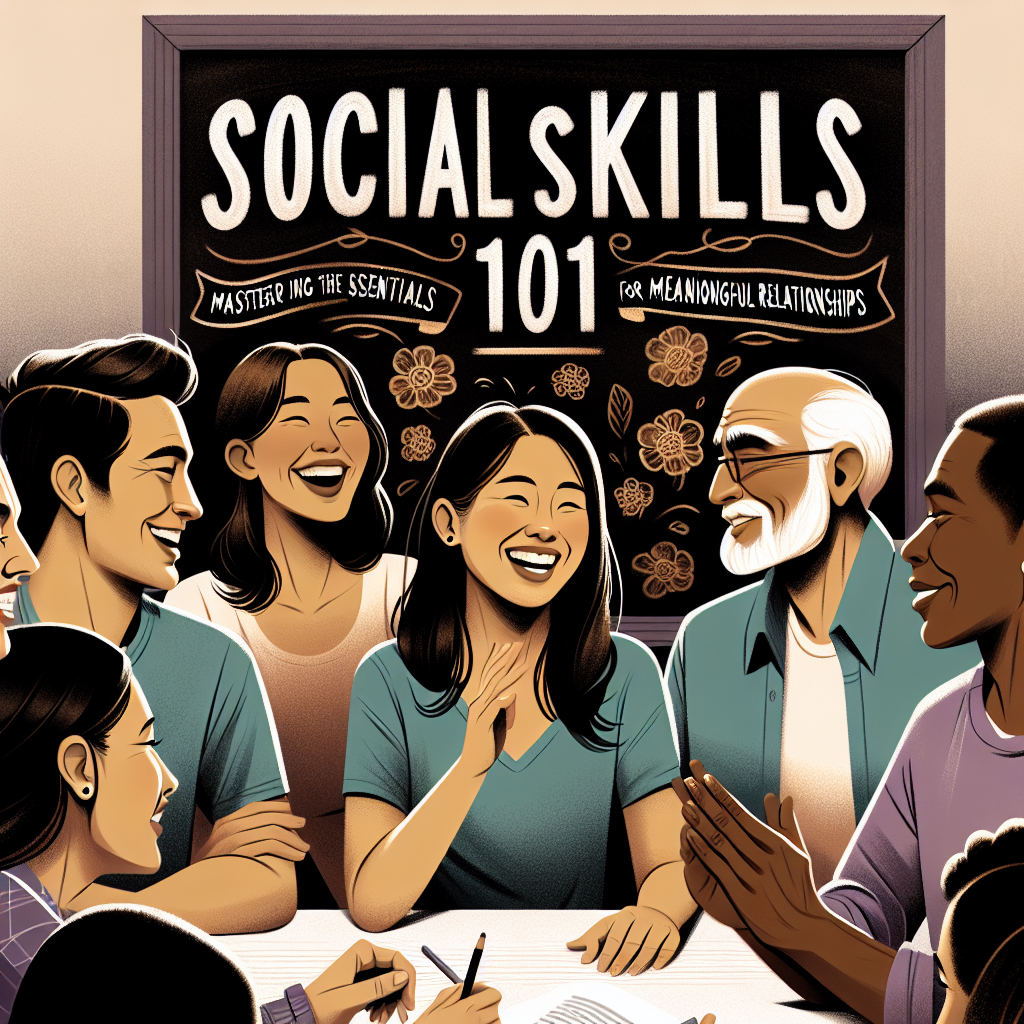
Introduction
In our increasingly interconnected world, social skills are more crucial than ever. Whether you’re navigating professional environments or personal relationships, mastering these skills can elevate your interactions to new heights. Social Skills 101: Mastering the Essentials for Meaningful Relationships offers a roadmap to foster deeper connections, enhance empathy, and improve communication. Imagine having the ability to engage in meaningful conversations, build lasting friendships, or strengthen workplace ties—all through mastering the art of social skills.
In this guide, we’ll explore the key components necessary for building meaningful relationships. Through real-world case studies, engaging insights, and practical exercises, we’ll empower you to cultivate social skills that lead to richer, more fulfilling connections.
Understanding Social Skills
Social skills refer to the abilities that facilitate interaction and communication with others. They encompass a wide range of competencies, such as:
- Verbal Communication: The ability to convey information clearly and effectively.
- Nonverbal Communication: Understanding body language, facial expressions, and other visual cues.
- Active Listening: Engaging fully in conversations and responding appropriately.
- Empathy: Understanding and sharing the feelings of others.
- Conflict Resolution: Navigating disagreements and finding common ground.
The Importance of Social Skills
Mastering these essential skills is not just for extroverts or those in customer-facing roles; it’s a foundational aspect of personal growth and emotional intelligence. Countries that prioritize social skill development, from primary education to workplaces, have shown improved cooperation and overall mental well-being.
Case Study: The Emotional Intelligence Factor
Research by the Carnegie Institute of Technology found that 85% of financial success is due to skills in human engineering—your ability to communicate, negotiate, and lead. The remaining 15% is attributed to technical skills and knowledge. This statistic underscores the notion that being socially adept can propel your career and deepen personal relationships.
Components of Effective Communication
1. Verbal Communication
Verbal communication is the cornerstone of any interaction. The words you choose and how you speak them significantly impact how your message is perceived.
Tips for Effective Verbal Communication
- Clarity is Key: Avoid jargon and convoluted sentences.
- Tone Matters: Be mindful of your tone—enthusiastic voices can uplift your conversation.
- Ask Open-Ended Questions: These encourage more profound discussions.
2. Nonverbal Communication
Studies suggest that 93% of communication effectiveness comes from nonverbal cues. Your body language, eye contact, and facial expressions convey messages that words sometimes cannot.
Understanding Nonverbal Signals
| Type of Nonverbal Communication | Explanation |
|---|---|
| Facial Expressions | Convey emotions visually |
| Gestures | Emphasize verbal communication |
| Posture | Reflect confidence or openness |
| Eye Contact | Shows engagement and interest |
3. Active Listening
Active listening is actively engaging with a speaker and demonstrating understanding. This skill fosters trust and encourages open dialogue.
Techniques for Active Listening
- Paraphrase: Repeat what the speaker said in your own words.
- Use Encouraging Nods: Non-verbal cues can reinforce your attention.
- Avoid Interrupting: Wait until the speaker finishes their thoughts.
4. Empathy
Empathy transforms basic communication into a meaningful connection. Understanding others’ emotions fosters trust and improves relationships.
Developing Empathy
- Practice Perspective-Taking: Put yourself in another’s shoes.
- Validate Feelings: Acknowledge and respect others’ emotions.
5. Conflict Resolution
Conflicts are inevitable in relationships. Developing effective conflict resolution skills is essential for maintaining healthy interactions.
Conflict Resolution Strategies
- Stay Calm: Keep your emotions in check.
- Focus on the Issue: Avoid personal attacks and stay solution-oriented.
- Seek Compromise: Understand that finding middle ground can be beneficial.
Building and Maintaining Relationships
1. Initiating Connections
Initiating a conversation can feel daunting. However, showing genuine interest in others can break the ice and create lasting impressions.
Icebreaker Strategies
- Use Compliments: Compliment something unique about the person.
- Ask About Shared Interests: This can lead to engaging discussions.
2. Nurturing Relationships
Once connections are made, it’s vital to nurture them through regular communication, shared experiences, and mutual support.
Nurturing Techniques
- Regular Check-Ins: Send a text or message to see how they are doing.
- Create Shared Experiences: Engage in activities together, such as watching a movie or attending an event.
3. Handling Relationship Changes
Relationships may evolve or change, and developing the ability to manage transition periods is important for its longevity.
Adapting to Change
- Communicate Openly: Discuss any changes that are affecting the dynamic.
- Be Observant: Notice any shifts in behavior and be proactive in addressing them.
Practical Exercises for Social Skills Development
1. Role-Playing
Role-playing different scenarios can help you prepare for real-world interactions. This exercise helps identify areas for improvement in verbal and nonverbal communication.
2. Reflective Journaling
Keep a journal documenting your interactions. Reflect on what went well and what could improve your communication skills.
3. Joining Groups or Clubs
Engaging in social groups provides opportunities for practice and feedback. Consider joining book clubs, sports teams, or community organizations.
Conclusion
In conclusion, mastering the essentials of social skills is vital for forging meaningful relationships. Social Skills 101: Mastering the Essentials for Meaningful Relationships empowers you to navigate various social landscapes effectively. By improving your verbal and nonverbal communication, practicing active listening, cultivating empathy, and developing conflict resolution skills, you can enhance every interaction.
Remember, great things take time; social skills are no different. As you practice and receive feedback, you will find yourself becoming a more adept communicator and building deeper connections that enhance your personal and professional life.
FAQs
What are social skills?
- Social skills are the competencies that enable effective communication and interaction with others.
Why are social skills essential?
- They facilitate better relationships, improve teamwork, and enhance emotional intelligence, all contributing to personal and professional success.
How can I improve my social skills?
- Practice active listening, develop empathy, engage in conversations, and seek feedback for ongoing improvement.
Can social skills be learned?
- Absolutely! With practice and feedback, individuals can enhance their social skills over time.
- What role does body language play in social skills?
- Body language is crucial for nonverbal communication and can convey emotions and intentions that words may not express.
By committing to these principles and proactively enhancing your social skills, you will unlock the potential for meaningful relationships that enrich your life. Start today—your connections are just a conversation away!





